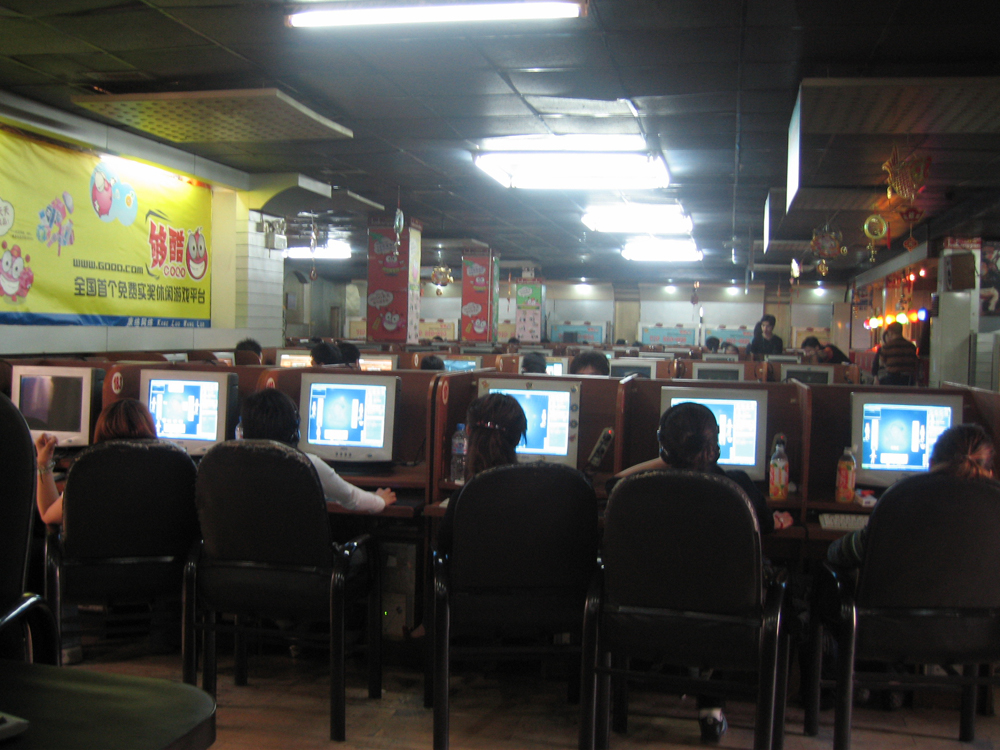| << Chapter < Page | Chapter >> Page > |

In the United States, the Internet is used to access illegal gambling and pornography sites, as well as to research stocks, crowd-source what car to buy, or keep in touch with childhood friends. Can we allow one or more of those activities, while restricting the rest? And who decides what needs restricting? In a country with democratic principles and an underlying belief in free-market capitalism, the answer is decided in the court system. But globally, the questions––and the government’s responses––are very different.
China is in many ways the global poster child for the uncomfortable relationship between Internet freedom and government control. China, which is a country with a tight rein on the dissemination of information, has long worked to suppress what it calls “harmful information,” including dissent concerning government politics, dialogue about China’s role in Tibet, or criticism of the government’s handling of events.
With sites like Twitter, Facebook, and YouTube blocked in China, the nation’s Internet users––some 500 million strong in 2011––turn to local media companies for their needs. Renren.com is China’s answer to Facebook. Perhaps more importantly from a social-change perspective, Sina Weibo is China’s version of Twitter. Microblogging, or Weibo , acts like Twitter in that users can post short messages that can be read by their subscribers. And because these services move so quickly and with such wide scope, it is difficult for government overseers to keep up. This tool was used to criticize government response to a deadly rail crash and to protest a chemical plant. It was also credited with the government’s decision to report more accurately on the air pollution in Beijing, which occurred after a high-profile campaign by a well-known property developer (Pierson 2012).
There is no question of China’s authoritarian government ruling over this new form of Internet communication. The nation blocks the use of certain terms, such as human rights, and passes new laws that require people to register with their real names and make it more dangerous to criticize government actions. Indeed, fifty-six-year-old microblogger Wang Lihong was recently sentenced to nine months in prison for “stirring up trouble,” as her government described her work helping people with government grievances (Bristow 2011). But the government cannot shut down this flow of information completely. Foreign companies, seeking to engage with the increasingly important Chinese consumer market, have their own accounts: the NBA has more than 5 million followers, and Tom Cruise’s Weibo account boasts almost 3 million followers (Zhang 2011). The government, too, uses Weibo to get its own message across. As the millennium progresses, China’s approach to social media and the freedoms it offers will be watched anxiously––on Sina Weibo and beyond––by the rest of the world.

Notification Switch
Would you like to follow the 'Studying social life' conversation and receive update notifications?